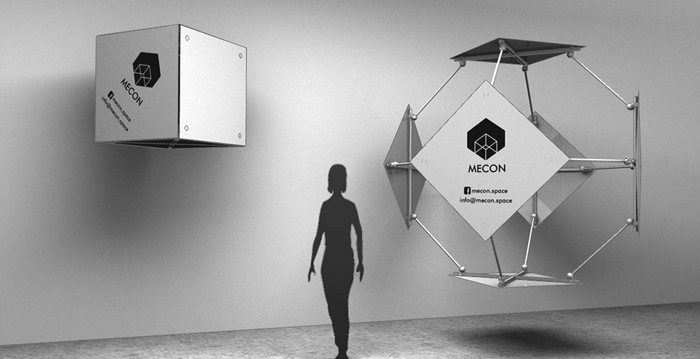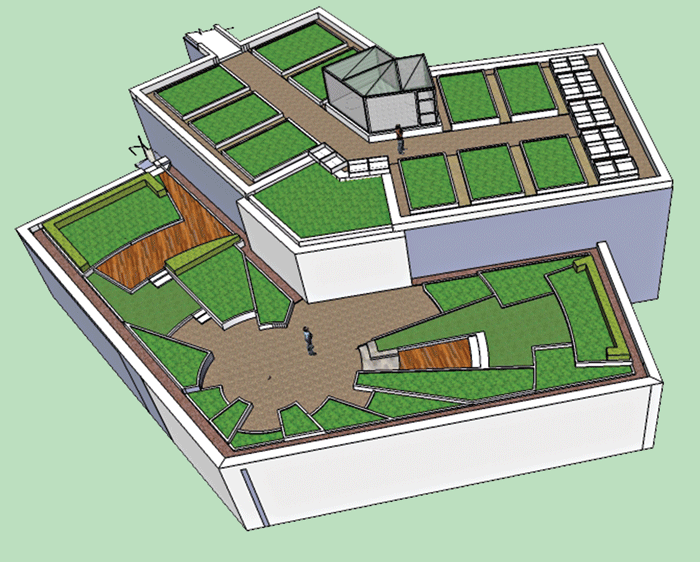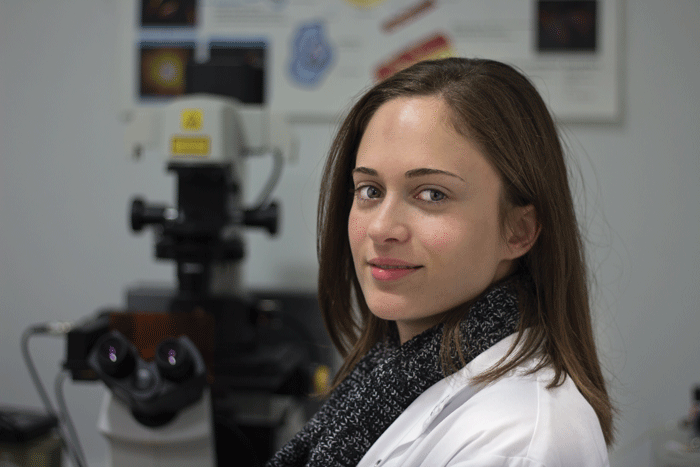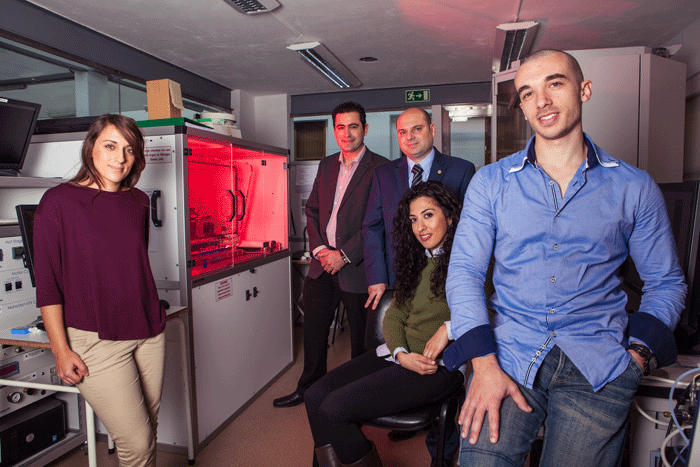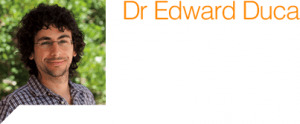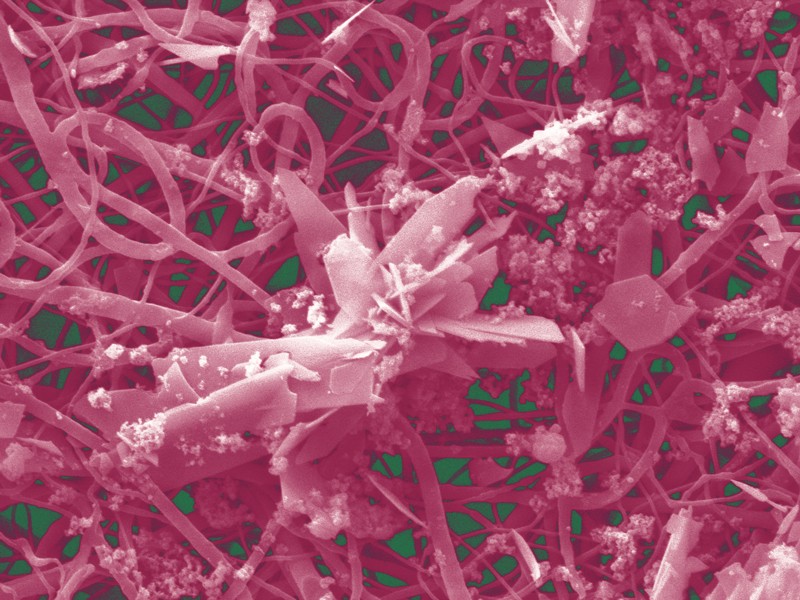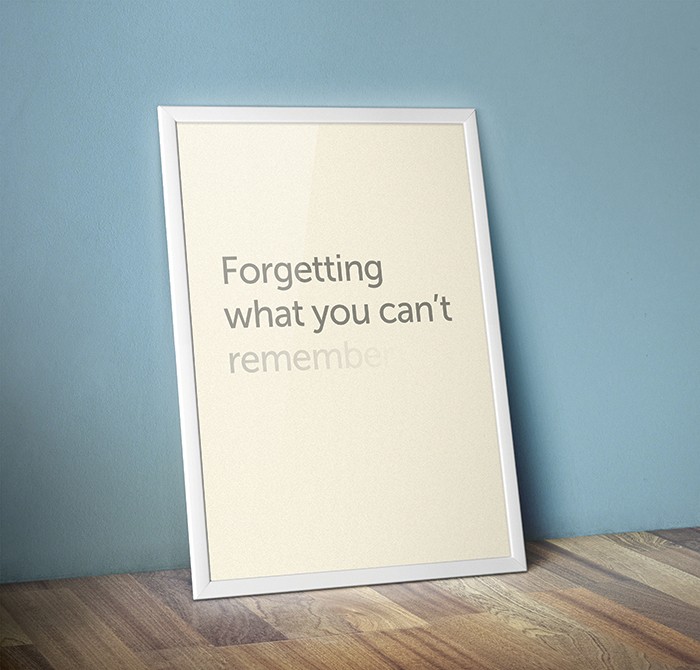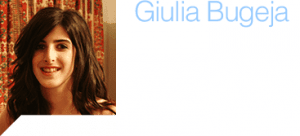Green Roof Malta
In Malta, buildings cover one third of the Island, leaving greenery in the dirt track. Green roofs are one way to bring plants back to urban areas with loads of benefits. Antoine Gatt, who manages the LifeMedGreenRoof project at the University of Malta, tells us more.
Blood Families
Jeanesse Scerri discusses a inherited condition and what it does to us.
Robots: science fiction to science fact
Dr Ing. Raphael Grech writes about his love affair with the robot world from Wall-E to the MIT Lincoln Laboratory in the USA
Light up my Universe
What is the universe made of? How was it formed? How old is it? Will things stay the same forever?
The night sky is shedding its secrets as Ian Fenech Conti (Institute of Space Science and Astronomy) talks about his work measuring the most elusive matter in the universe.Continue reading
Hips 4 Eternity
All over the world, hip replacement surgeries are on the increase. Provisional data from the hip replacement register at Mater Dei shows that, in Malta during 2014, 145 people needed their hips replaced while another 11 needed revisions to old implants. With costs that run into the thousands, the problem of faulty implants caught the eye of a local research team of engineers and medics. Cassi Camilleri finds out more about their work in solving the dilemma. Photography by Elisa von Brockdorff
I_compute I_create I_am
 Creativity is a quality that we, as humans, think is ours alone. Prof. Georgios N. Yannakakis is creating computers that might have already taken this away from us. Computational creativity is here. His games are helping children be more creative, others to overcome dyslexia, and even combat bullying. Words by Dr Edward Duca.
Creativity is a quality that we, as humans, think is ours alone. Prof. Georgios N. Yannakakis is creating computers that might have already taken this away from us. Computational creativity is here. His games are helping children be more creative, others to overcome dyslexia, and even combat bullying. Words by Dr Edward Duca.
Gymnastic Polymers
by Alexander Hili
Forgetting what you can’t remember
How does the loss of memory change a person? Can media replace memory? Giulia Bugeja asks several researchers to find out the affect on cultural memory and she also touches on dementia
When Mike* went to the nursing home that evening to visit his grandmother Maria*, she was worried that he wouldn’t be able to find her because the caretakers had changed her room. Mike tried explaining to her that her room on the 4th floor had been refurbished a year ago, but she couldn’t remember.
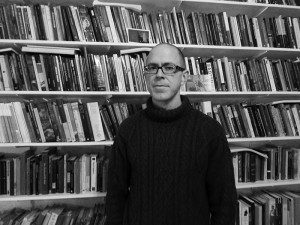
‘Can life without memory be considered a meaningful existence?’ asks Dr Charles Scerri (Malta Dementia Society, and Department of Pathology, University of Malta). Dr Scerri researches dementia. He is currently examining which physical environments and what sort of psychosocial wellbeing can improve life in local dementia hospital wards. In fact, Dr Scerri reports that today there are over 44 million people suffering from some form of dementia. That is around 100 times the Maltese population. He asks, ‘what type of society can we end up with if we are wholly made up of individuals with no past and an uncertain future?’
With more people relying on new media technology to record information and experiences, Dr Scerri’s question faces a future society where media could replace memory. ‘It would be short-sighted to think that new media will have no long-term influence on the complex nexus of personal and cultural memory’, says Dr James Corby (Department of English, UoM).
Photography already acts as a surrogate for memory. But, it does not stop there; theorist Roland Barthes goes one step further saying how photography can capture details missed by the human eye. As developers of new media strive to enhance experiences, more users are adopting them. In the final quarter of 2012 alone, Apple sold 37.4 million iPhones. This smartphone, equipped with HD video, an in-built camera, calendar, and interactive 3D map helps people capture memories and avoid having to remember appointments or directions. It even comes with Siri, your own ‘personal assistant’, to use Apple’s words.
Despite these abilities, Dr Corby is sceptical. As a researcher working on the interfaces between literature, philosophy and culture, Dr Corby thinks that the rich tradition of the humanities should inform debates about cultural memory. ‘The idea that a facility to record memories leads to the diminishment of personal memory is by no means a new idea. Indeed, it is precisely the accusation that, in Plato’s Phaedrus, Socrates makes against writing.’ Writing did not steal our ability to remember and neither should new technologies.
“You can never really know if what she’s saying is true because her memories are not always real”
So what would happen if old or new media failed us? When the accounts office of the family business burned down, Mike could relate to his grandmother’s anxiety due to her lack of personal memory. All the accounting records, invoices, transaction records, and overseas payments were destroyed. The accountant was so shocked that he still will not enter his old office after 15 years.
The accountant had to keep paper records. There was too much information to remember and they couldn’t memorise it all. Although they recorded the information they still lost it in the fire.
| More about Alzheimer’s in Malta |
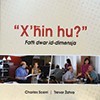 Dr Scerri has collaborated with the Department of Pathology to launch the Alzheimer’s Disease Research Group (University of Malta). Their objective is to gather several multidisciplinary professionals to ‘promote and facilitate research and scientific collaboration in Alzheimer’s disease and other forms of dementia’. Together with Trevor Zahra, he recently released the publication X’ħin hu? Fatti dwar id-dimensja (What time is it? Facts about dementia). Dr Scerri has collaborated with the Department of Pathology to launch the Alzheimer’s Disease Research Group (University of Malta). Their objective is to gather several multidisciplinary professionals to ‘promote and facilitate research and scientific collaboration in Alzheimer’s disease and other forms of dementia’. Together with Trevor Zahra, he recently released the publication X’ħin hu? Fatti dwar id-dimensja (What time is it? Facts about dementia). |
We all risk losing both valuable information and the recollection of experiences. So what would happen if Malta became a nation of people without a memory of important events? For Dr Corby, a society which relies on new media and less on memory ‘might then lead to a complete eliding of any difference between personal memory and an increasingly undifferentiated surfeit of readily available cultural memory — a sort of technologised and globalised cultural eidetic memory’.
There’s also the possibility that media such as photographs could lead to the creation of cultural memories which never took place. ‘I imagine false memory to be the norm—it would be naïve to think that the visual representation of a culture […] is free from ideology’ says Dr Corby. Our national identity will instead be formed around uncertain events.
Joe Rosenthal’s photograph of American soldiers raising the American flag on Mount Suribachi on the island of Iwo Jima signifies a moment of national pride for Americans. Few Americans are aware that the photograph shows the flag being raised for a second time. The first flag was too small but the second larger flag would be seen by incoming ships.
Similarly, on the 4th floor of a nursing home, an old woman recalls how the nurses refused to take down the Christmas decorations. In her room, there was only a lone poppy. ‘She often creates stories in her head’, says Mike. ‘You can never really know if what she’s saying is true because her memories are not always real.’
‘Memories are created by altering a set of connections between brain cells so that one cell stimulates the others,’ says Jonah Lehrer, Wired Magazine. By creating memories, we are literally rewiring our brains. Every time a memory is recalled, the connection between brain cells is restructured and the memory altered depending on the stimuli of the current situation. This means that whilst media may fail us, so might our memories.
Will a nation inevitably make the same mistakes because its people cannot remember past experiences or because they replace them with false ones? When asked how memory recall can be assisted, Dr Scerri acknowledges that media is a useful tool in improving memory, as ‘memory albums are extremely valuable for individuals with dementia in facilitating memory events and in reducing anxiety and confusion’. Perhaps these tools can help Mike’s grandmother.
*Names have been changed to protect the identity of the people mentioned in the article.
Giulia Bugeja is part of the Department of English Master of Arts programme.
Look out for an in-depth feature on dementia in the next issue.

